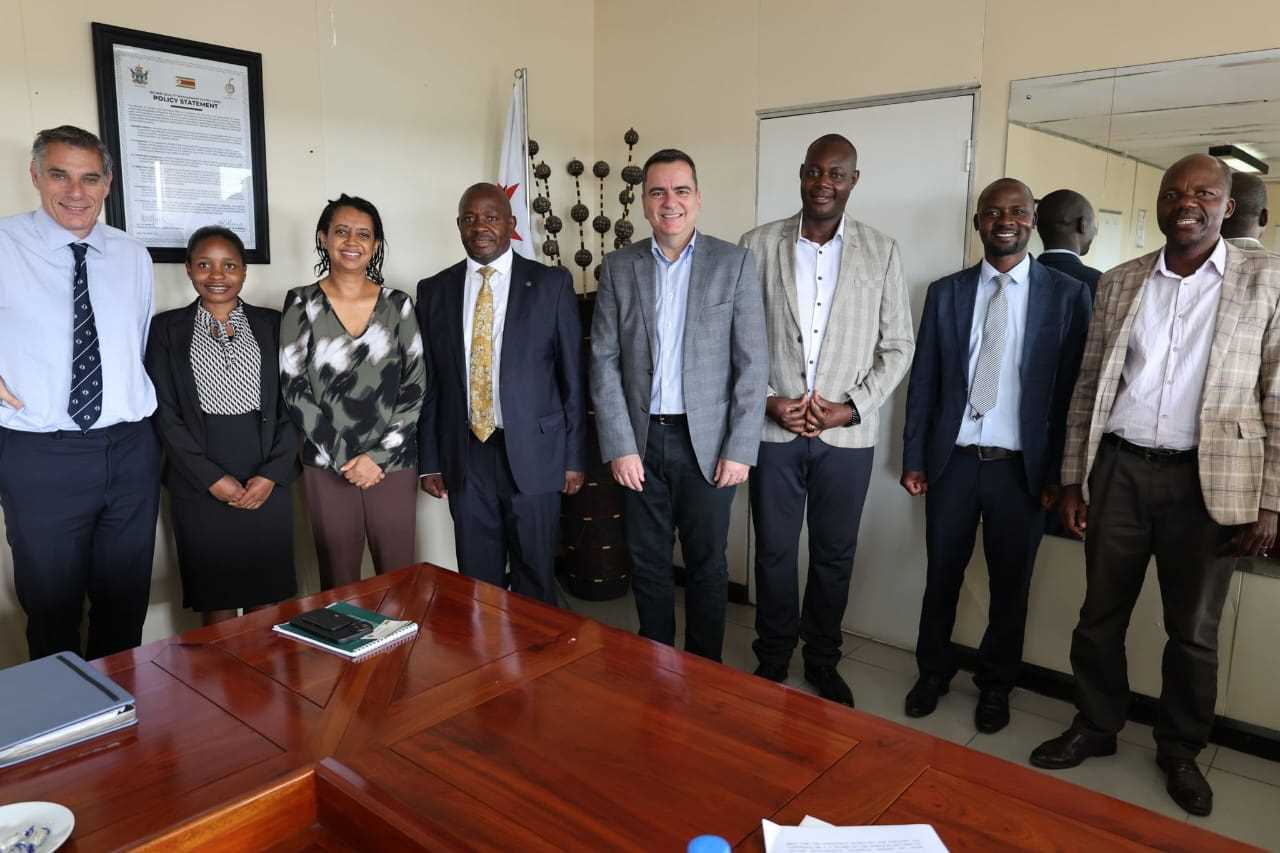Oscar J Jeke- Zim Now Reporter
Zimbabwe has urged African countries and their partners to ensure that trade under the African Continental Free Trade Area promotes industrialization and does not entrench economic inequality, during high-level discussions at the 2025 Africa–Spain Summit in Madrid.
Speaking on behalf of Zimbabwe, the Permanent Secretary in the Ministry of Industry and Commerce, Dr. Thomas Utete Wushe, delivered a firm message on the need for mutual trade benefits and balanced economic relations.
“AfCFTA must drive Africa’s industrialization, not to be undermined by unequal frameworks,” Wushe told delegates at the summit.
Zimbabwe’s position comes amid rising concern among African policy makers that new trade partnerships if not properly structured could replicate old models of extraction and dependency, sidelining the continent’s push for value addition, technology transfer, and local manufacturing.
Related Stories
The Africa–Spain Summit convened government officials, trade experts and private sector leaders to discuss cooperation in trade, investment, renewable energy, and digital transformation. Zimbabwe used the platform to reiterate its national agenda of building an export-led industrial base and enhancing regional competitiveness.
Zimbabwe currently holds the rotating chair of the Southern African Development Community and has been vocal about the need for regional industries to be protected and capacitated under the AfCFTA framework.
Dr. Wushe’s remarks align with recent government efforts urging local producers to improve quality and value addition in order to remain competitive under AfCFTA’s liberalized trade regime. Industry stakeholders have also warned that without a deliberate strategy, African economies may become dumping grounds for foreign goods.
The Africa–Spain Summit is part of a broader effort by the European country to expand its economic and political ties with African nations, focusing on sectors such as infrastructure, energy, and agribusiness.
Zimbabwe’s call is expected to resonate with other African nations facing similar development challenges and seeking to ensure that AfCFTA becomes a platform for shared prosperity rather than uneven trade relations.




















Leave Comments